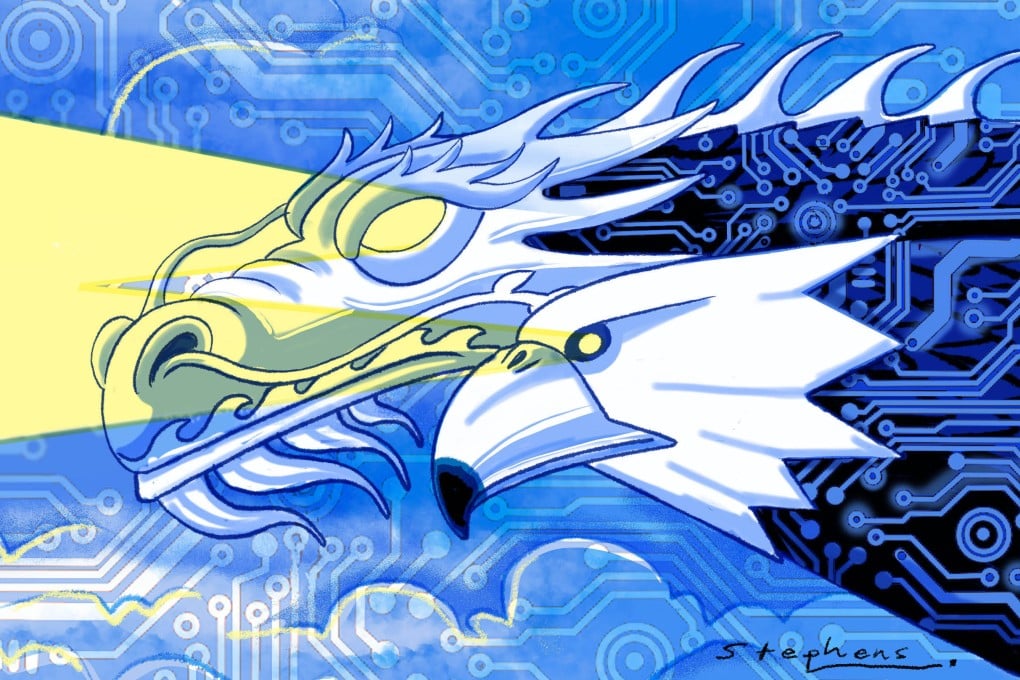Advertisement
Opinion | US-China rivalry: it’s the science, stupid
- While we hear a lot about ideology and nationalism, we hear less about how China is promoting scientists and technocrats to senior political posts
- It’s clear then that Beijing is dreaming of scientific breakthroughs, not bombing Taipei. And science can bring China and the US together
Reading Time:4 minutes
Why you can trust SCMP
4

In the wake of Chinese President Xi Jinping’s visit to San Francisco, pundits wheeled out the usual superficial tropes used to analyse US-China relations: discussion of the politics of the island of Taiwan, even though experts doubt any present danger; negative statistics about Chinese growth; seemingly unrelated prognostications about former US president Donald Trump. Blow away the fog of war, though, and the issue at the root of US-China rivalry is dominance in scientific research.
Advertisement
The United States remains the heartland of breakthrough and frontier science; China’s manufacturing ecosystem generates the applied science that makes the breakthroughs scalable and usable. It can be tempting to focus on the diplomats insulting each other, but science shapes our future – and China is gaining on the West, fast.
It’s not a zero-sum game though; Chinese scientists have been enriched by American institutions, just as the US has been enriched by Chinese scientists. Increasingly, politicians on both sides recognise that the future must be built together.
California Governor and likely 2028 presidential contender Gavin Newsom was just in China, riding around in a car by Chinese electric vehicle company BYD and talking about climate collaboration. He didn’t shy away from discussing issues like Chinese production of fentanyl precursors or human rights across East Asia – issues that matter in California, a state with more than 2 million citizens of Chinese descent.
The city of San Francisco has been linked to China (not the state, but the civilisation) since early days; but even as tech companies in the Bay Area race to define the future of AI and everybody tries to cope with climate change’s unpredictable effects, it seems clear that China’s biggest influence on California will be on its future, not its past. San Francisco is one of the top five metropolitan areas for scientific research worldwide; Shanghai and Beijing are both on that list, too.
Advertisement
Scientific competition is very significant in US-China relations. During the 20th party conference last autumn that saw his power confirmed, Xi said: “We must regard science and technology as our primary productive force, talent as our primary resource and innovation as our primary driver of growth.”

Advertisement
.JPG?itok=rfXzzRLd&v=1701228334)